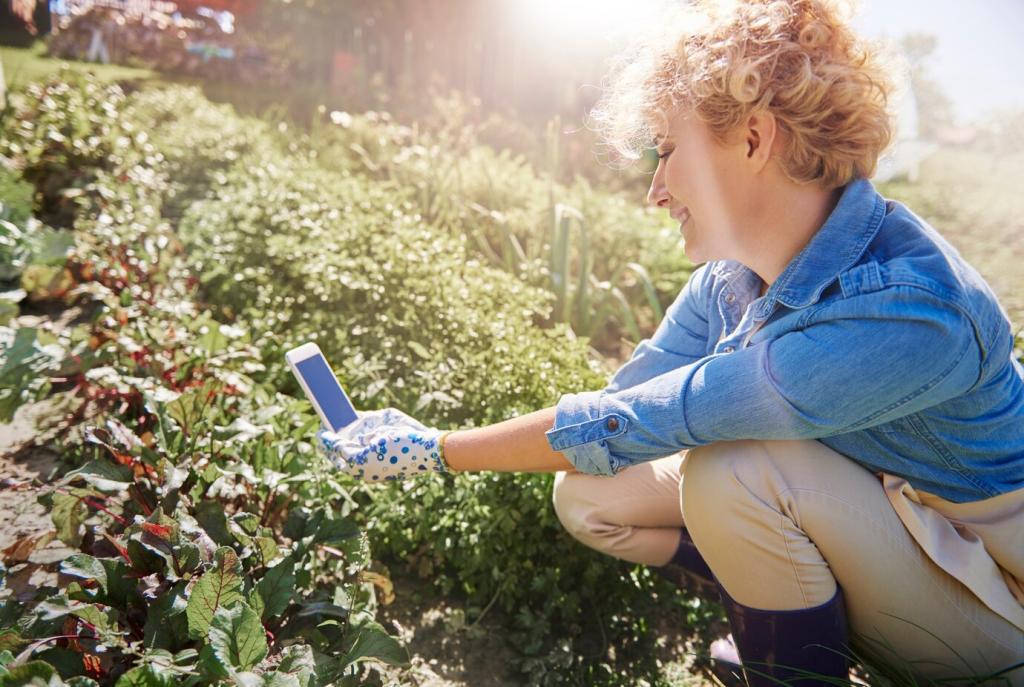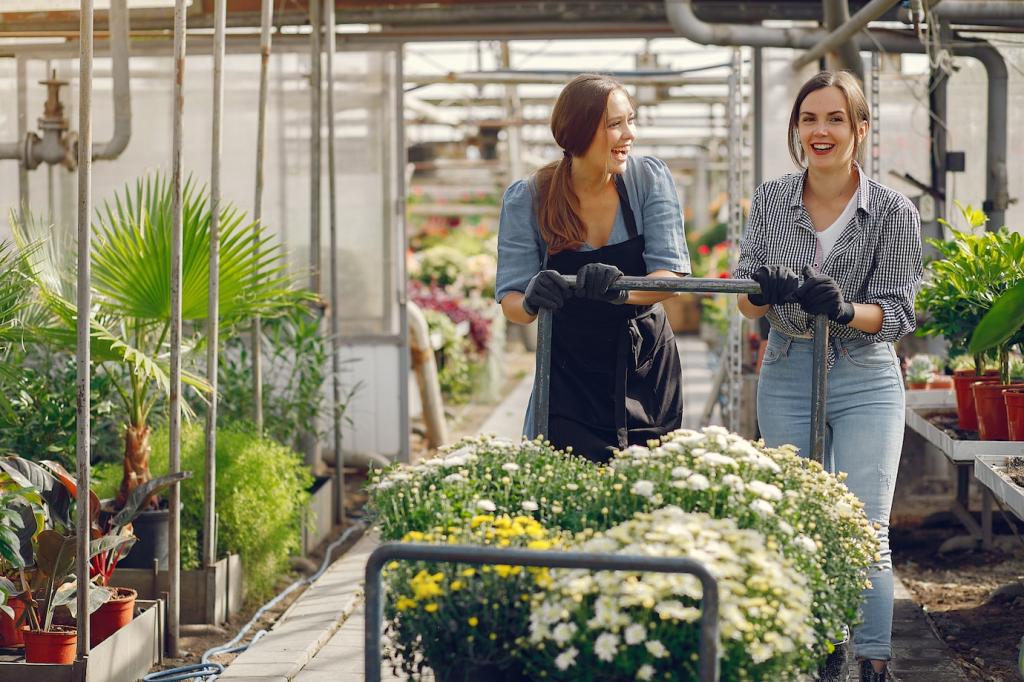
Eco-Friendly Gardening Tools and Supplies
Discover a greener way to tend your garden with eco-friendly tools and supplies designed to reduce environmental impact. From selecting the right equipment to adopting sustainable practices, eco-friendly gardening not only benefits your plants but also helps preserve the world around you. By choosing tools and materials made with the planet in mind, gardeners can enjoy flourishing spaces while supporting conservation efforts. This guide explores innovative solutions and best practices to help you cultivate an earth-friendly garden—making every moment spent outdoors both rewarding and responsible.
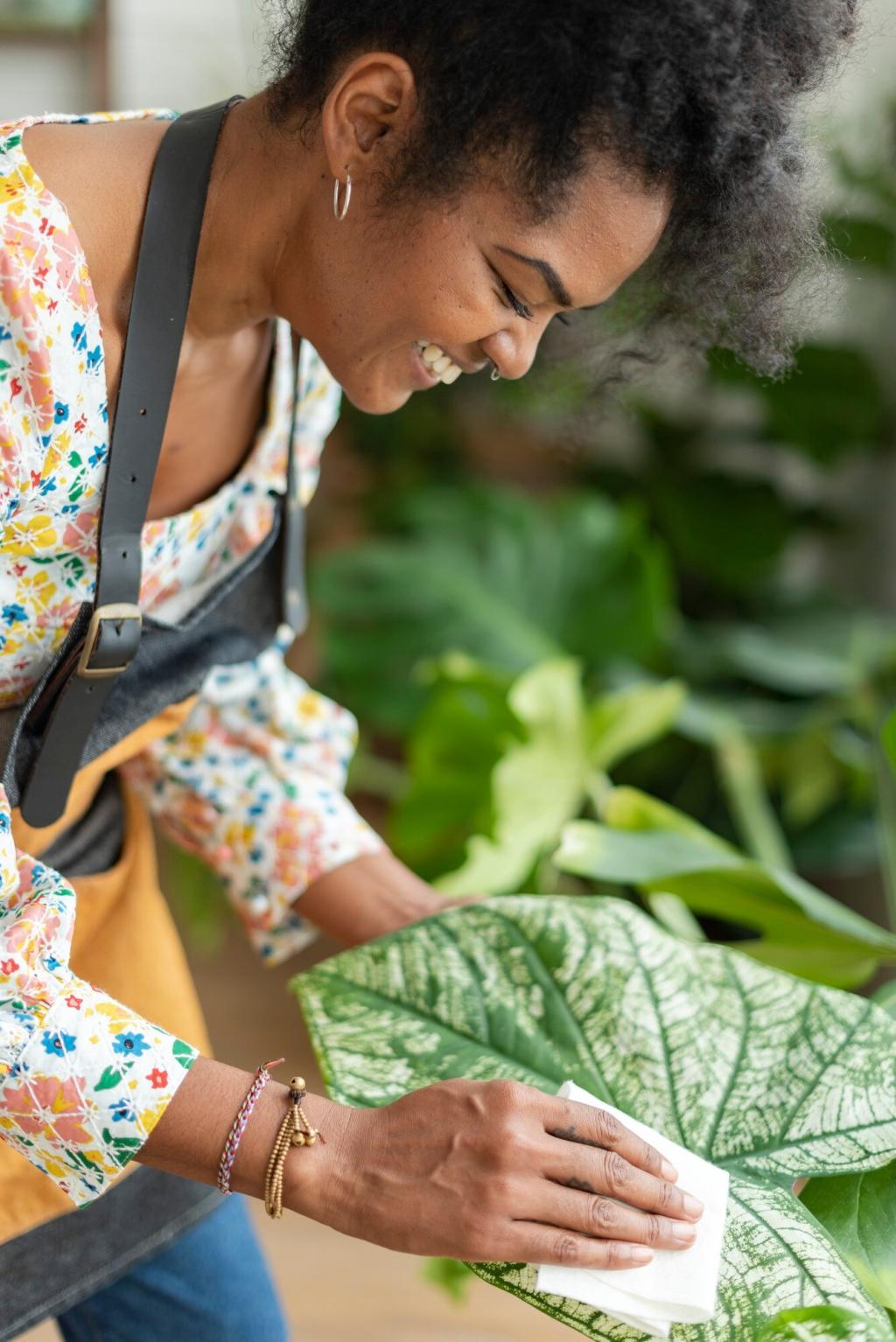
Bamboo-Handled Tools
Bamboo-handled tools are an excellent alternative to traditional plastic or metal designs, offering durability and comfort without sacrificing sustainability. Bamboo renews at an exceptional rate, often growing several inches per day, which makes it one of the most sustainable materials available for tool construction. The natural strength of bamboo rivals that of many hardwoods, ensuring that trowels, hoes, and hand forks remain reliable throughout years of use. Additionally, bamboo requires little water and no pesticides to cultivate, making its environmental footprint remarkably light. With proper care, bamboo-handled tools can weather the demands of seasonal gardening, all while returning nutrients to the soil if composted at the end of their life.
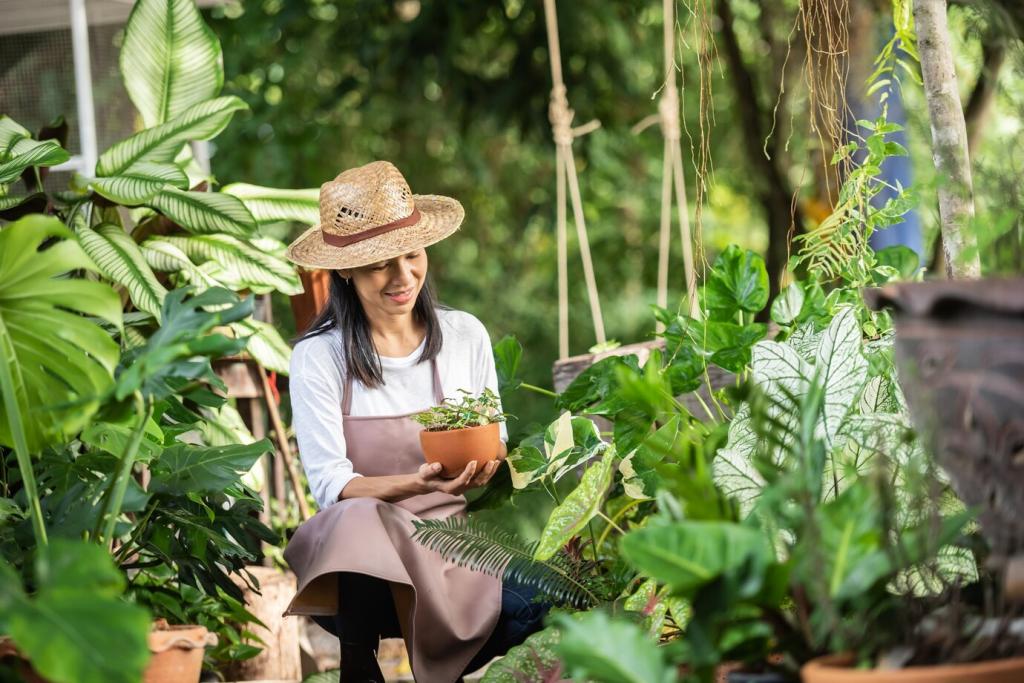
Recycled Metal Implements
Choosing gardening tools made from recycled metal stretches the lifecycle of valuable resources and significantly lowers the energy needed for production. Recycled steel, aluminum, and other metals are now commonly shaped into sturdy spades, rakes, and shears, combining their inherent strength with environmental responsibility. By opting for recycled metal implements, gardeners support both waste reduction and a circular economy approach, reducing landfill pressure and resource extraction. Innovative manufacturing techniques ensure these tools perform just as effectively as those made from virgin materials, bridging the gap between performance and sustainability seamlessly. Over time, these tools develop a unique patina, highlighting their longevity and resilience.
Organic Growing Mediums and Amendments
Peat-free compost is widely recognized as a more planet-friendly alternative to traditional peat-based options. Peat bogs are important carbon sinks, and their depletion for horticulture contributes to habitat destruction and increased carbon release. Peat-free compost is made from renewable materials like green waste, bark, or coir, reducing environmental damage while still providing essential nutrients and structure for plant growth. Using this sustainable growing medium supports the preservation of critical ecosystems and encourages responsible resource management, aligning every planting session with global conservation priorities.
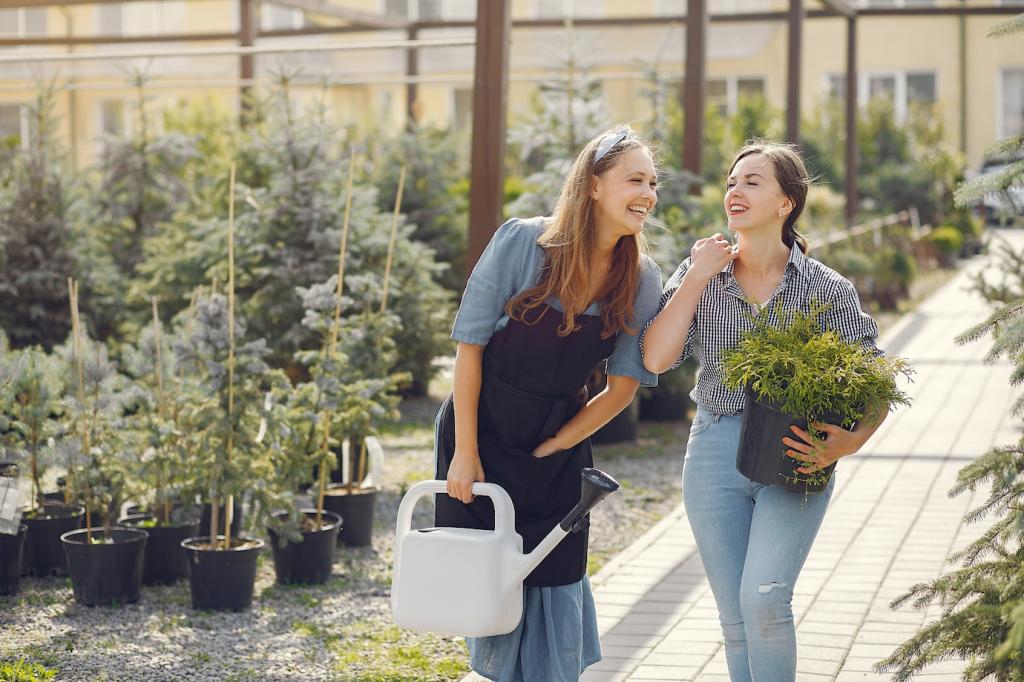
Water Conservation Techniques
Drip irrigation systems deliver water directly to plant roots, reducing evaporation and run-off that often occur with traditional overhead watering. These systems can be installed easily, using a network of tubes and emitters tailored to the specific needs of a garden, no matter the size or shape. With precise control over water delivery, gardeners ensure that every drop is used efficiently, tailoring schedules to accommodate plant growth cycles and rainfall. Drip irrigation not only conserves water, but also curbs weed growth by keeping foliage dry and minimizing moisture in non-planted areas. Adopting this approach is a forward-thinking way to maintain a lush garden while making responsible use of natural water supplies.
